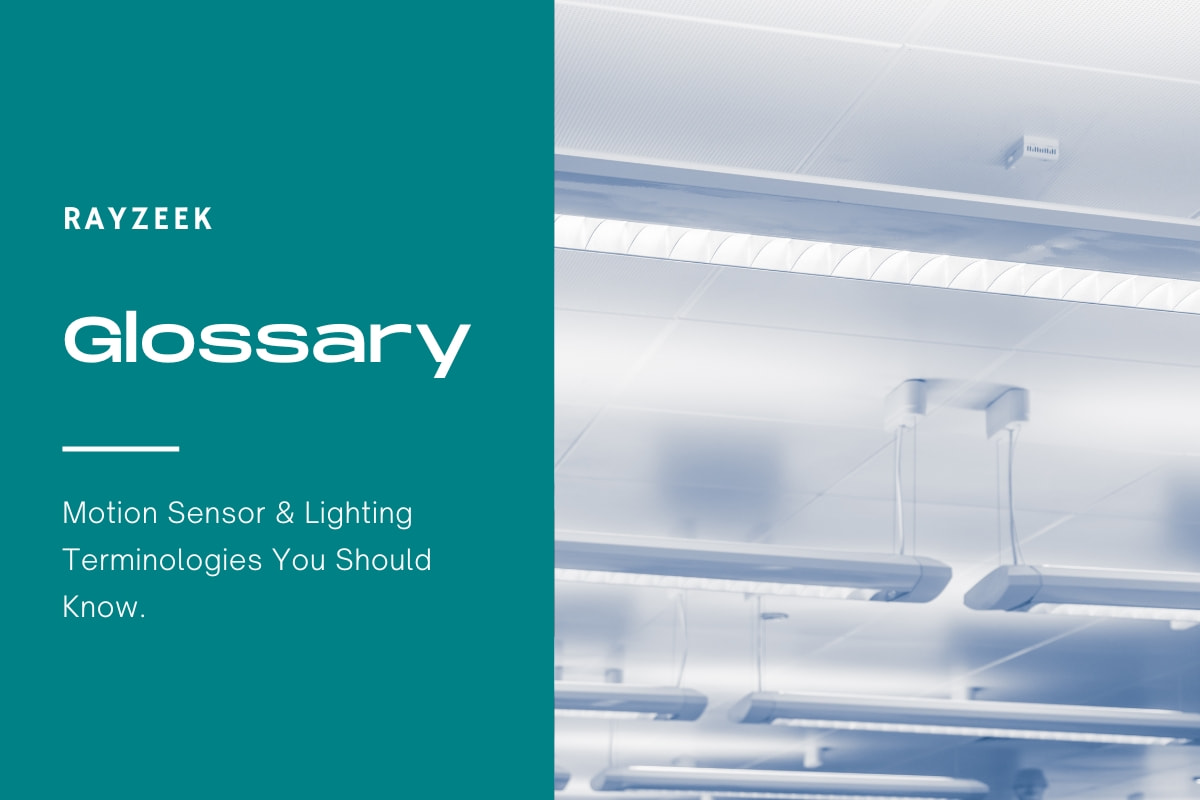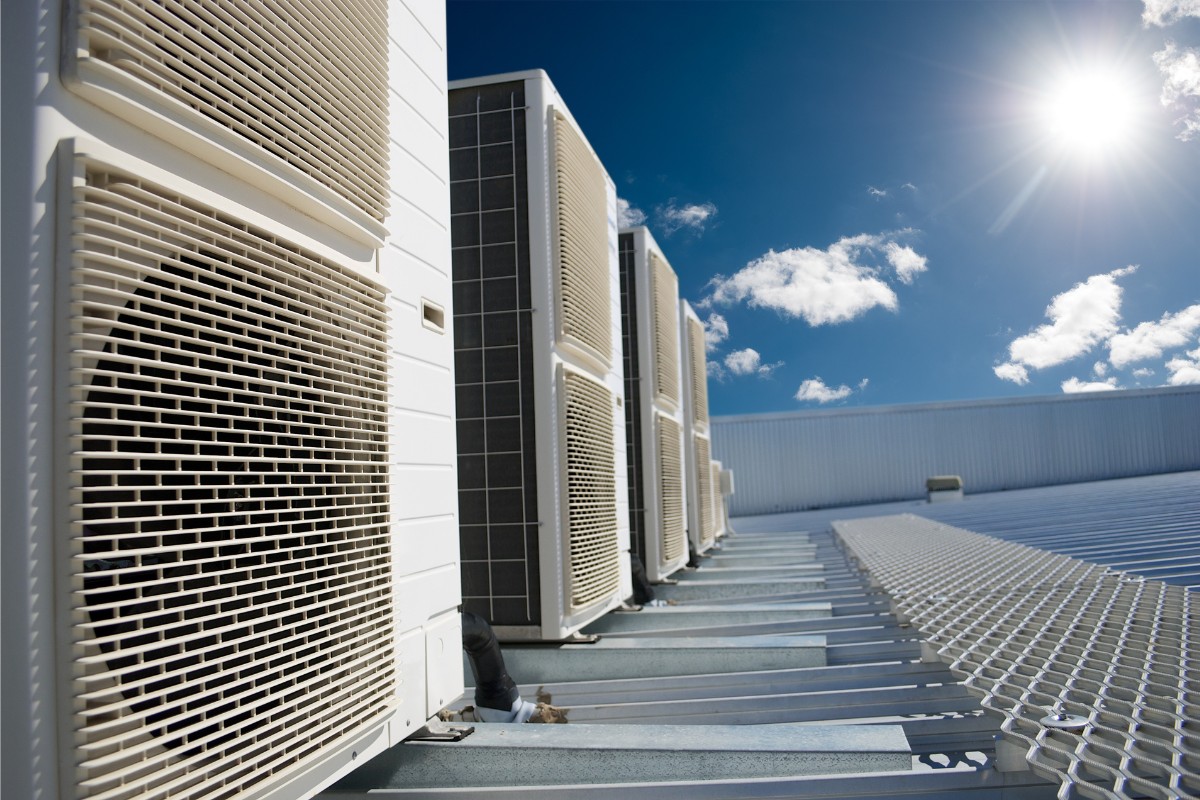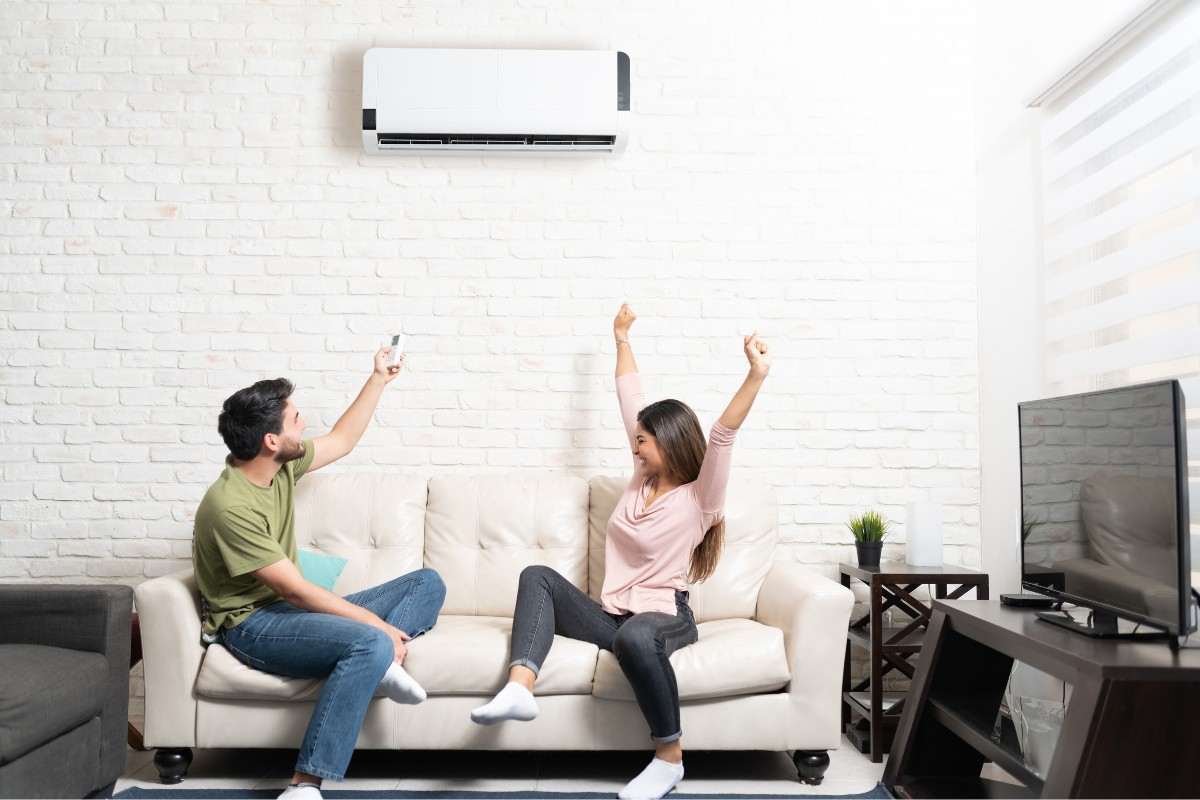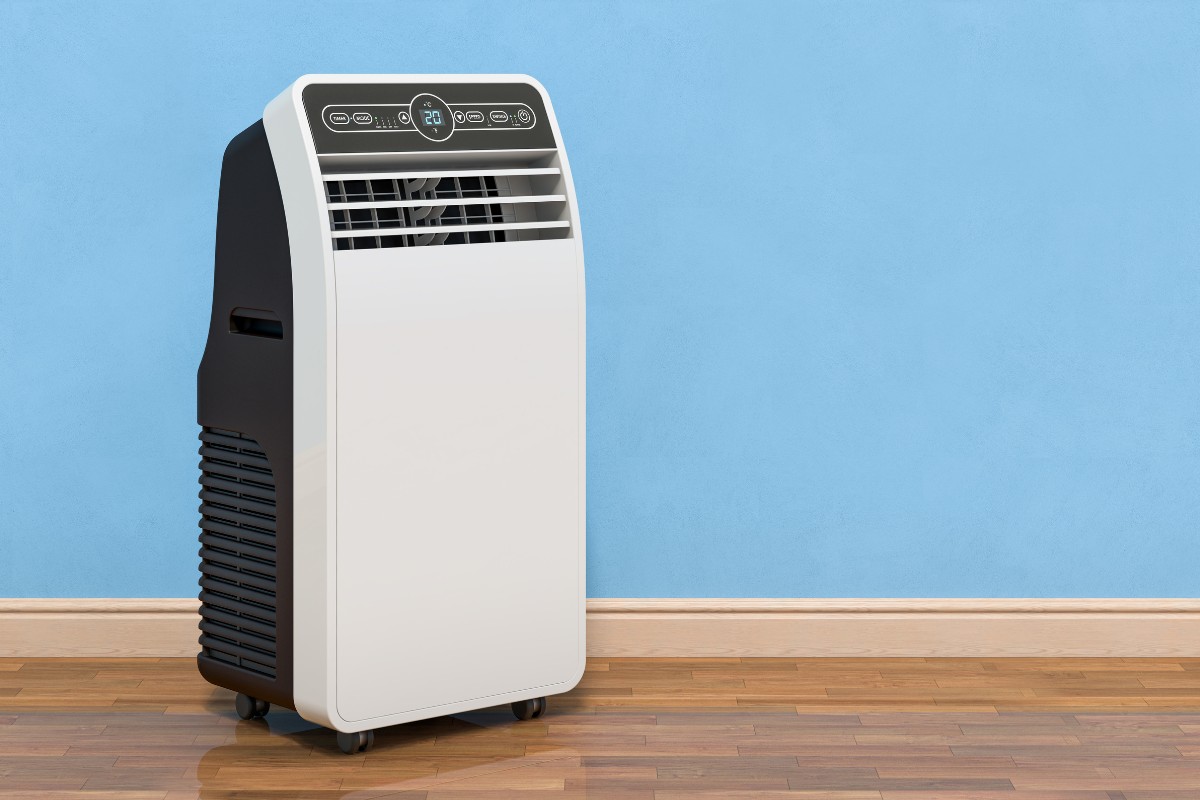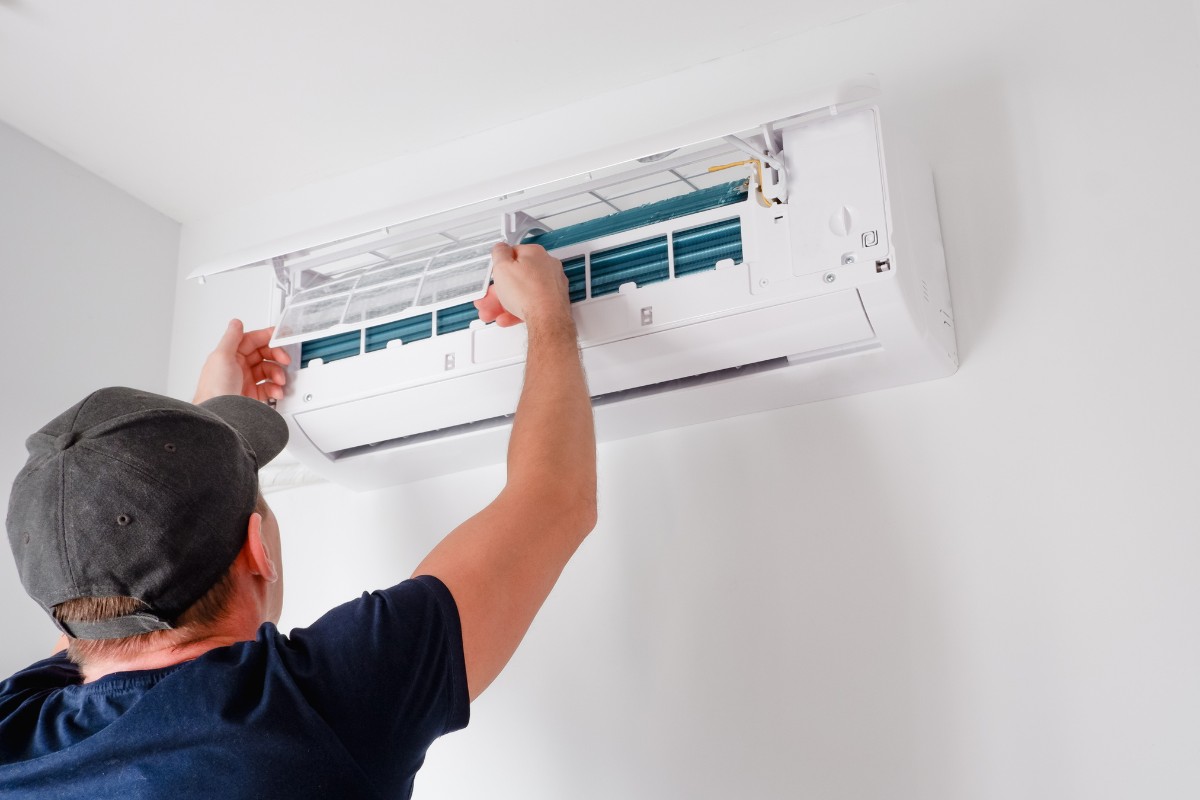What is Reflected Glare
Reflected Glare, also known as veiling reflection, is a type of glare that occurs when light is reflected off a smooth and shiny surface, such as sand, snow, or water. This reflected light can enter the eyes and cause discomfort or impair vision. Similar to blinding glare, which is caused by staring directly into a bright light source, reflected glare can also block vision if it is strong enough.
Inspirujte se portfoliem pohybových senzorů Rayzeek.
Nenašli jste to, co jste chtěli? Nebojte se. Vždy existují alternativní způsoby řešení vašich problémů. Možná vám pomůže některé z našich portfolií.
Reflected glare is a form of psychological glare that can strain the eyes due to constant adjustments to different brightness levels and varying distances between the visual task and the source of the reflected light. It is important to note that polarized lenses are commonly used to eliminate or reduce reflected glare by filtering out the horizontally polarized light that causes the glare.
Často kladené otázky
Which Surface Reflects Light Better
The surfaces that are most effective in reflecting light are those that are extremely smooth, like a glass mirror or polished metal. However, it is important to note that almost all surfaces have the ability to reflect light to some extent. When light waves encounter a smooth and flat surface, they bounce off the surface at the same angle at which they initially arrived.
What Is the Difference Between Brightness and Glare
Glare can be described as a difference in brightness. To minimize glare, one can either increase the brightness of darker areas when they contrast with brighter objects or decrease the brightness of bright areas, such as a source of light or its reflection in the field of vision.
Why Does Glare Bother My Eyes
Glare can be bothersome to your eyes because it can cause discomfort and affect your vision. When there is glare, the light scatters inside your eye, making it difficult to see sharp images. It is important to note that disabling glare can actually worsen the loss of contrast, especially in dim environments rather than bright ones.

